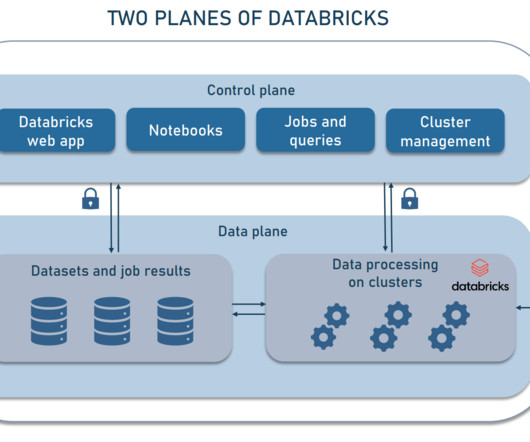What is a data architect? Skills, salaries, and how to become a data framework master
CIO
OCTOBER 13, 2023
Analytics/data science architect: These data architects design and implement data architecture supporting advanced analytics and data science applications, including machine learning and artificial intelligence. In some ways, the data architect is an advanced data engineer.















Let's personalize your content